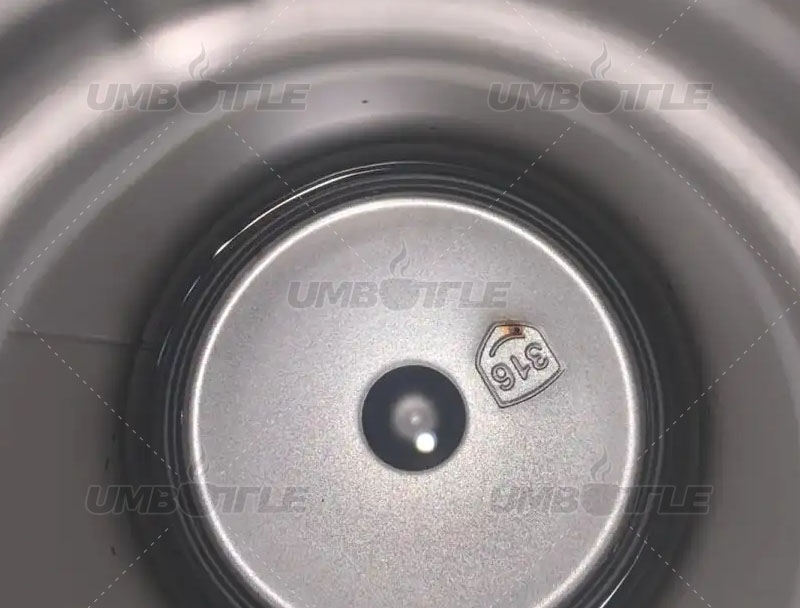Why is the stainless steel thermos cup rusty? (one)
Seeing this title, the editor guesses that many friends will be surprised, how can the stainless steel water cup rust? Stainless steel?Isn't stainless steel just rustless?Especially friends who don't use stainless steel thermos cups every day will be even more surprised.Today, the editor will briefly share with you why the stainless steel thermos cup rusts?
Stainless steel is a general term for some alloy special steels.The reason why it is called stainless steel is because the metal material of this alloy will not rust in air, water cups, steam and some weakly acidic liquids.However, different stainless steels will also rust after reaching their own oxidation conditions.Doesn't that contradict itself with the name?No, the word stainless steel is an expression of the properties of metal materials.For example, the real name of 304 stainless steel that we all know is austenitic stainless steel.In addition to austenitic stainless steel, there are also ferritic and martensitic stainless steels.The difference is mainly the difference between the chromium content and the nickel content in the material, and the difference in the density of the product itself.
Friends who have the habit of careful observation in daily life will find that the stainless steel material with a particularly smooth surface is basically not rusty.However, some stainless steel products with rough surfaces and pits will rust in the pits, mainly because the smoother the surface, the smoother the stainless steel surface, there will be a layer of water coating.This layer of water coating isolates the accumulation of moisture, and those damaged water coating layers with pits on the surface cause the accumulation of moisture in the air, resulting in oxidation and rust.
The above is a way for stainless steel to rust, but not all stainless steel materials will oxidize and rust under the above conditions.For example, the 304 stainless steel mentioned just now and the 316 stainless steel that everyone knows rarely have this phenomenon.Stainless steel products such as 201 stainless steel and 430, which are also called stainless steel, will appear.
Here the editor focuses on the three materials commonly used in the production of stainless steel water cups on the market: 201 stainless steel, 304 stainless steel and 316 stainless steel.In the previous article, the editor mentioned that at present, 201 stainless steel cannot be used as a production material for stainless steel water cups because it cannot meet the food-grade requirements and the element content in the material exceeds the other reasons.This is actually somewhat imprecise.At that time, the editor meant that 201 stainless steel cannot be used as the material for the inner wall of the inner tank of the stainless steel water cup.Since 201 stainless steel cannot reach food grade, it cannot be in contact with drinking water for a long time.
People will feel unwell after drinking water soaked with 201 stainless steel for a long time, which will affect their health.However, because the inner tank of the stainless steel thermos cup is double-layered, and the outer wall will not be in contact with water, so far it will be used by many manufacturers as the production material for the outer wall of the stainless steel water cup.However, the anti-oxidation effect of 201 stainless steel is far inferior to that of 304 stainless steel, and the anti-salt spray effect is poor.This is why the inner wall of the inner wall of the thermos cup used by many friends will not rust after being used for a period of time, but on the contrary, the outer wall will rust after the paint falls off, especially the outer wall with dents.

Dongguan Zhanyi Commodity Technology Co., Ltd. specializes in the production of metal cups, plastic cups, coffee cups, suction mug, lunch boxes, food jar, travel mugs, portable water bottles, sports bottles, home life desktop trash cans, thermos bottles, etc.These products are all our annual exports, and are recognized and loved by the US, Europe, Australia, Japan, South Korea, Taiwan, Hong Kong and other consumers. Support for small quantity order, fast customization.